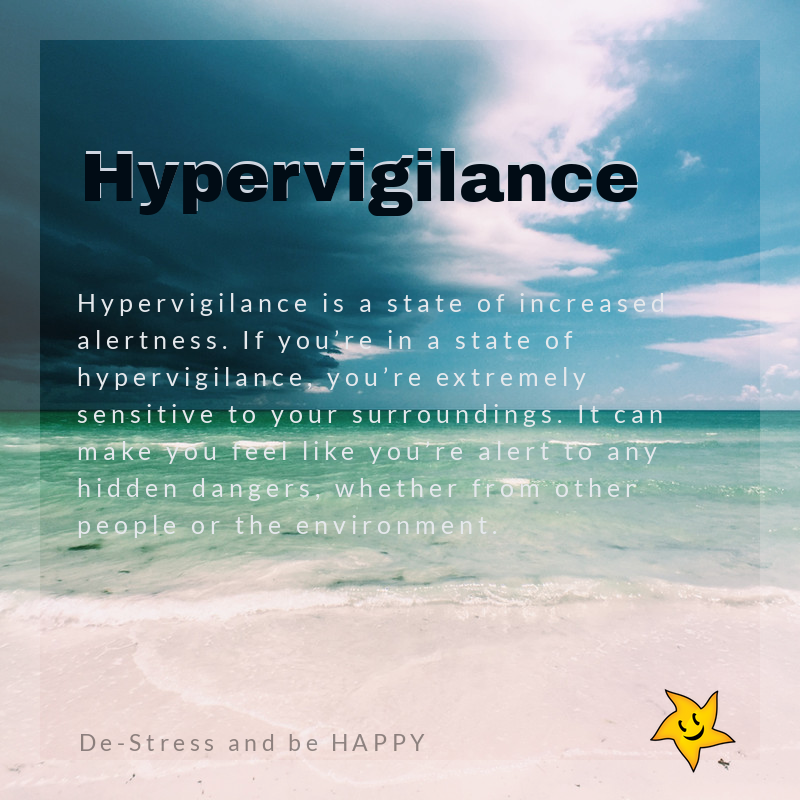HYPERVIGILANCE
- Admin - Kerry Heritage
- Sep 13, 2021
- 2 min read
Updated: Sep 1, 2025

Hypervigilance is a state of increased alertness. If you’re in a state of hypervigilance, you’re extremely sensitive to your surroundings. It can make you feel like you’re alert to any hidden dangers, whether from other people or the environment. Often, though, these dangers are not real.
Hypervigilance can be a symptom of mental health conditions, including:
These can all cause your brain and your body to constantly be on high alert. Hypervigilance can have a negative effect on your life. It can affect how you interact with and view others, or it may encourage paranoia.
Physical Symptoms
Physical symptoms may resemble those of anxiety. These may include:
sweating
a fast heart rate
fast, shallow breathing
Over time, this constant state of alertness can cause fatigue and exhaustion.
Behavioural Symptoms
Behavioural symptoms include jumpy reflexes and fast, knee-jerk reactions to your environment. If you’re hypervigilant, you may overreact if you hear a loud bang or if you misunderstand a co-worker's statement as rude. These reactions may be violent or hostile in a perceived attempt to defend yourself.

Emotional Symptoms
The emotional symptoms of hypervigilance can be severe. These can include:
increased, severe anxiety
fear
panic
worrying that can become persistent
You may fear judgment from others, or you may judge others extremely harshly. This may develop into black-and-white thinking in which you find things either absolutely right or absolutely wrong. You can also become emotionally withdrawn. You may experience mood swings or outbursts of emotion.

Common triggers
There are some common triggers that can cause or contribute to episodes of hypervigilance. These include:
feeling trapped or claustrophobic
feeling abandoned
hearing loud noises (especially if they’re sudden or emotionally charged), which can include yelling, arguments, and sudden bangs
anticipating pain, fear, or judgment
feeling judged or unwelcome
feeling physical pain
feeling emotional distress
being reminded of past traumas
being around random, chaotic behaviours of others
Coping with Hypervigilance
Through therapy, you may learn new ways to cope with episodes of hypervigilance and anxiety. Here are some strategies that can help:
Be still and take slow, deep breaths.
Search for objective evidence in a situation before reacting.
Pause before reacting.
Acknowledge fears or strong emotions, but don’t give in to them.
Be mindful.
Set boundaries with others and yourself.

29 Jetty Road
Brighton SA 5048








Comments